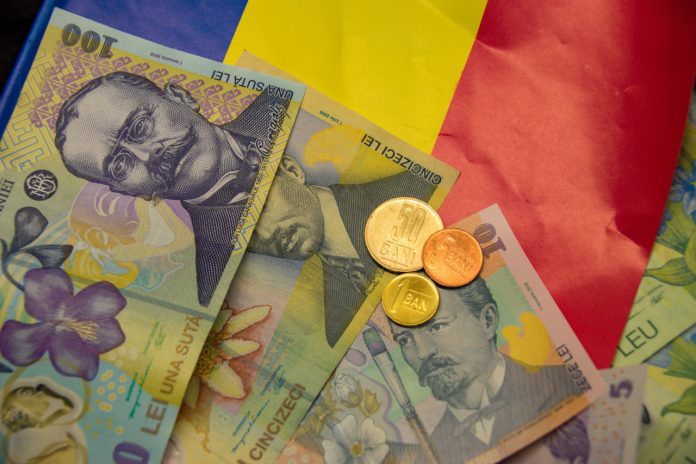Romania’s national currency, the leu, collapsed to a historic low against the euro, with the exchange rate reaching 5.1222 lei per euro on Thursday, according to the National Bank of Romania (BNR).
The sharp decline—a 0.45% drop from the previous rate of 5.0991 lei—marks the latest fallout from a mounting political crisis that has rattled investors and destabilised financial markets.
The leu first breached the critical threshold of 5 lei per euro on Tuesday, hours after the first round of presidential elections saw candidate George Simion secure a lead. Simion’s victory, coupled with the resignation of Prime Minister Marcel Ciolacu’s Social Democrat government, intensified fears of prolonged instability.
The BNR intervened aggressively to stem the currency’s freefall, injecting at least €7 billion into markets over recent days and driving the three-month ROBOR index—a key benchmark for lending rates—to 7.25%, its highest level since January 2023.
Simion, who has sought to rebrand himself as “Romania’s Meloni” in a nod to Italy’s prime minister, faces a runoff against centrist candidate Nicușor Dan on 18 May. Polls published on Wednesday by the Verified Institute show Simion leading with 38.9% support against Dan’s 31.3%, though nearly 15% of voters remain undecided.
His pledge to form a coalition government with the AUR and POT parties has further unnerved businesses, with industry leaders warning that protracted political negotiations or snap elections could delay economic reforms for months.
Interim European Funds Minister Marcel Boloș sought to downplay speculation about external intervention, stating on Thursday that Romania has “no ongoing discussions” with the International Monetary Fund (IMF). He cautioned that IMF assistance often demands “harsher reforms” than those under Romania’s National Recovery and Resilience Plan, which aims to channel EU pandemic relief funds into infrastructure and green energy projects.
The country’s budget deficit soared to 8.65% of GDP in 2024—the highest in the EU—up from 5.61% in 2023. Servicing its public debt remains costly due to weak credit ratings, leaving analysts skeptical about short-term recovery prospects.
